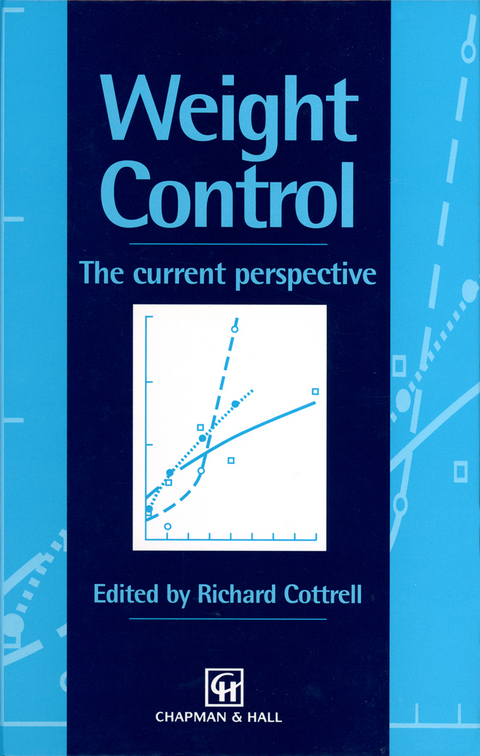
Weight Control
Springer (Verlag)
978-94-010-4258-1 (ISBN)
1. Disease risks of obesity.- The fallacy of ideal body weight standards.- Obesity and diabetes: many as yet unanswered questions.- Present public health issues on obesity.- References.- 2. Are all calories equal?.- Possible mechanisms by which calories from macronutrients might not be equal.- Are all calories equal for slimmers?.- ‘Are all calories equal?’.- References.- 3. Metabolic risk factors for the development of obesity.- Determinants of energy expenditure.- Low metabolic rate as a risk factor.- The effect of dietary fat/carbohydrate on energy expenditure.- Oxidative autoregulation.- Diet composition and obesity.- Conclusion.- References.- 4. Metabolic response to slimming.- Short-term consequences of slimming.- Long-term consequences of slimming.- Conclusions.- References.- 5. Health effects of weight cycling.- The metabolic hypothesis.- Weight cycling and health.- Interpretation of epidemiological findings.- Psychological factors.- Conclusions and implications.- References.- 6. Food preferences and body weight control.- Food preferences and obesity.- Fat intake and fat preference in the genesis of obesity.- Genetic predisposition.- References.- 7. Psychological aspects of obesity.- Early psychological theories.- Emergence of the restrained eater.- Restrained eating and obesity.- Bulimia nervosa.- Strict control and the disturbance of eating behaviour.- Counter-regulation.- Individual variability.- Dietary macronutrient selection and body weight control.- Successful and unsuccessful weight control strategies.- References.- 8. Realistic expectations of obesity treatments.- No new treatment principles.- A pessimistic view.- Why so little success?.- Realistic strategies.- The definition of success.- An optimistic view.- References.- 9. Health professionalapproach to weight control.- Hypocaloric diet.- Exercise.- Pharmacotherapy.- Very low-calorie diets.- Surgery.- References.
| Zusatzinfo | X, 118 p. |
|---|---|
| Verlagsort | Dordrecht |
| Sprache | englisch |
| Maße | 155 x 235 mm |
| Themenwelt | Schulbuch / Wörterbuch |
| Geisteswissenschaften | |
| Naturwissenschaften | |
| Sozialwissenschaften | |
| ISBN-10 | 94-010-4258-6 / 9401042586 |
| ISBN-13 | 978-94-010-4258-1 / 9789401042581 |
| Zustand | Neuware |
| Haben Sie eine Frage zum Produkt? |
aus dem Bereich


